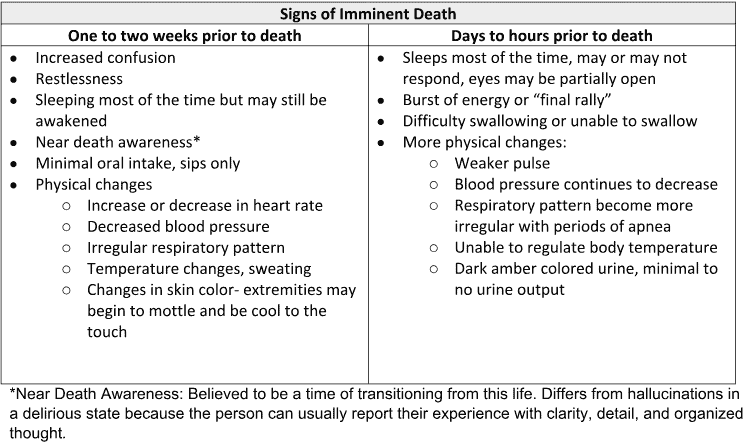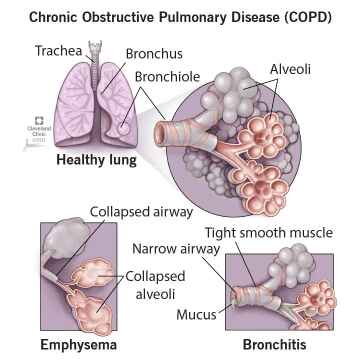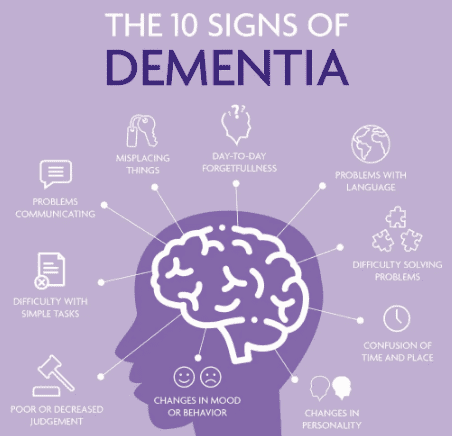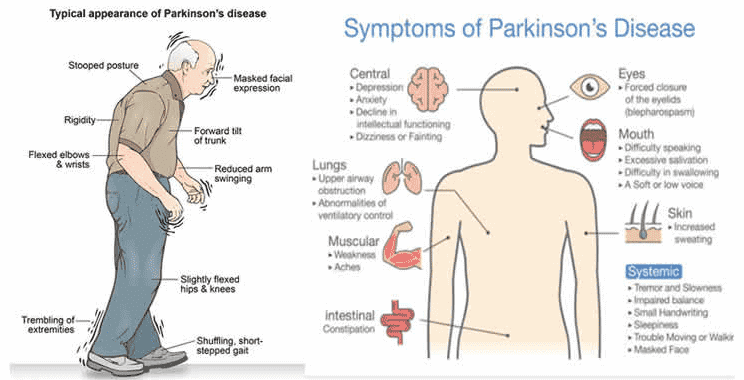
The Death Visit from a Hospice Nurse
Losing a loved one is an incredibly challenging and emotional experience, and witnessing someone’s final moments can be overwhelming, especially if you have never been through it before. As a hospice nurse with years of experience, I understand the importance of providing guidance and support during this time. In this article, I want to help prepare you for what to expect during the death visit and explain the role of the hospice registered nurse in the pronouncement process.

The Last Breath of Life
As a caregiver or family member, witnessing the final hour of a loved one’s life can be a challenging and emotional experience. It’s essential to be prepared and understand what to expect. While each person’s journey is unique, some common physical changes may occur in the last hour of life. Here’s a guide to help you navigate this sensitive time:

Understanding Heart Failure and What to Expect: A Guide for Families
Dealing with a loved one’s heart failure can be overwhelming, but with the right knowledge and support, you can provide the best care possible. This guide aims to help families understand what heart failure is, what changes to expect in their loved one’s condition, and how to provide compassionate care throughout the journey, from onset to end-of-life.

Four Case Studies About External Oxygen on Hospice
It is common for family members and caregivers who are not trained in end-of-life topics to be concerned about their loved one’s oxygen concentration (SpO2 and sometimes also abbreviated SPaO2) reading from a pulse oximeter. Suppose their loved one refuses external oxygen or takes off the external oxygen. In that case, this often causes distress to the family and caregivers because they are focused on the numbers vs. the patients themselves. Hospice is about patient-centered care, and I would like to present four case studies to demonstrate how hospice manages this situation with compassion.

How to Respond to a Dementia Patient Asking About a Deceased Family Member
When a dementia patient inquiries about a family member who has passed away but still believes them to be alive, it’s essential to respond with empathy and understanding. Here are some tips on how to handle such situations with compassion and sensitivity:

The Benefits of Deprescribing Medications in Hospice: A Guide for Patients, Families, and Hospice Nurses
I know how important it is to provide comfort and support during this challenging journey. One aspect of hospice care that often raises concerns is deprescribing medications. In this article, we’ll explore what deprescribing is and why it can benefit patients nearing the end of life.

Significant Signs a Terminally Ill Patient may be Close to Dying
Recognizing end-of-life signs can be challenging. This guide outlines key symptoms indicating a terminally ill patient may have less than two weeks, offering crucial insights for caregivers and families.

Understanding COPD: A Guide for Families
As an experienced hospice nurse with years of experience, I understand that coping with a loved one’s diagnosis of Chronic Obstructive Pulmonary Disease (COPD) can be overwhelming and challenging. In this article, we’ll explore what to expect over the course of the disease, the changes you might notice in your loved one, and how to provide the best care and support from the onset until the end.

Understanding Memory and Cognitive Testing for Dementia
Caring for a loved one with dementia can be a challenging journey, filled with complex emotions and difficult decisions. As families and caregivers, it’s crucial to understand the nature of dementia and the various tools available to help assess and manage the condition. This article aims to provide a comprehensive guide to the seven most common memory tests used to evaluate if a person has dementia. These include the Alzheimer’s Disease Assessment Scale-Cognitive (ADAS-Cog), Mini-Mental State Examination (MMSE), General Practitioner Assessment of Cognition (GPCOG), Montreal Cognitive Assessment (MoCA), Self-Administered Gerocognitive Exam (SAGE), Neuropsychological evaluation, and Short Test of Mental Status. Each of these tests offers unique insights into the cognitive abilities of an individual and can be instrumental in the early detection and management of dementia. By understanding these tests, you can better navigate the path of dementia care and ensure your loved one receives the best possible support.

Managing Terminal Restlessness
Losing a loved one is an incredibly challenging experience, and witnessing changes in their behavior and well-being can be distressing. As a hospice nurse, I’ve supported many families and caregivers through this grim time. One common symptom that may arise towards the end of life is restlessness. In this article, I will explain the different types of restlessness and offer guidance on how to manage them. Understanding these distinctions can provide valuable insights into your loved one’s condition and help you navigate the final stages of their life with compassion and care.

Documenting Observational Signs of Discomfort: A Guide for Hospice Nurses and Families
As a hospice nurse, I understand the importance of documenting observational signs of discomfort in terminally ill patients. This guide covers recognizing physical and behavioral cues indicating discomfort, even if patients don’t express it. It also highlights the benefits of journaling for families and nurses, with tips for effective documentation to enhance patient comfort and care.

Understanding Parkinson’s Disease: A Guide for Families
If you have a loved one diagnosed with Parkinson’s disease, you may have many questions and concerns about what to expect and how to provide the best care possible. As an experienced hospice nurse with extensive experience in managing terminal illnesses, I am here to guide you through the journey of Parkinson’s disease and offer compassionate support. In this article, we will explore Parkinson’s disease, the changes your loved one may experience over time, and practical tips to care for them from the onset to the end-of-life phase.
